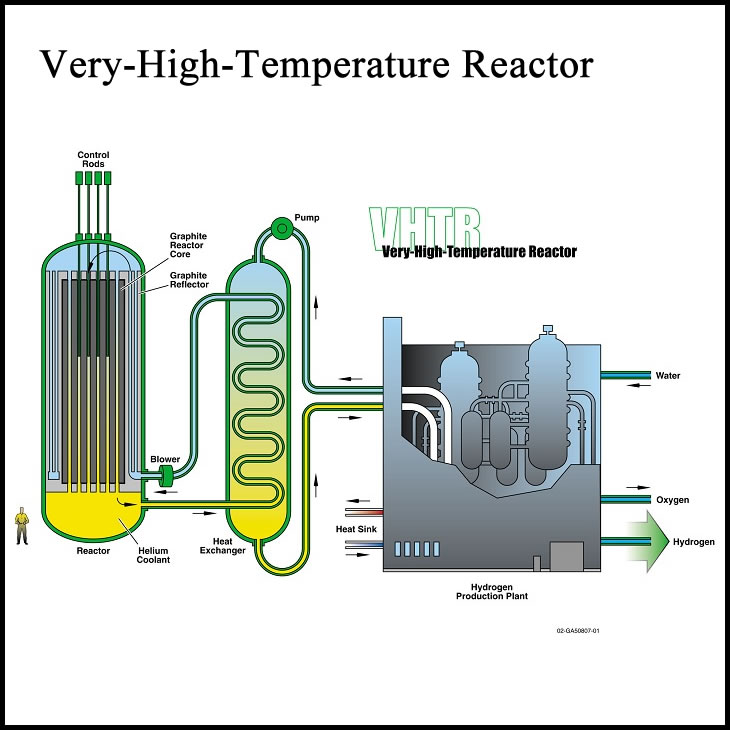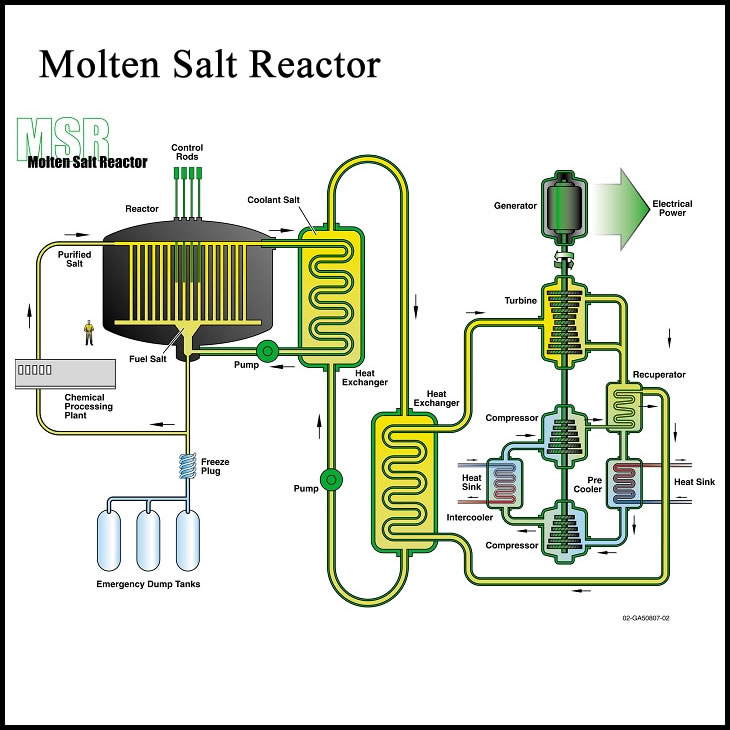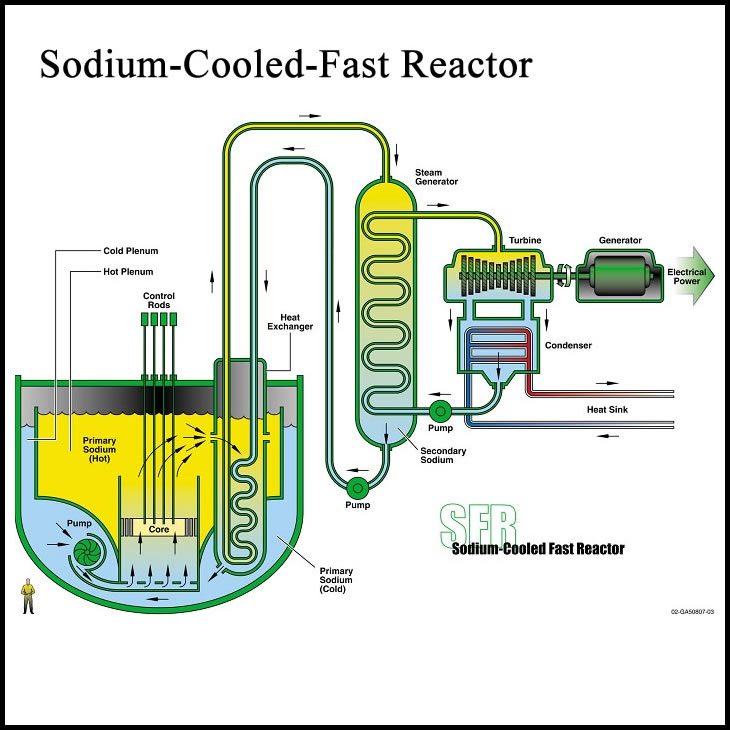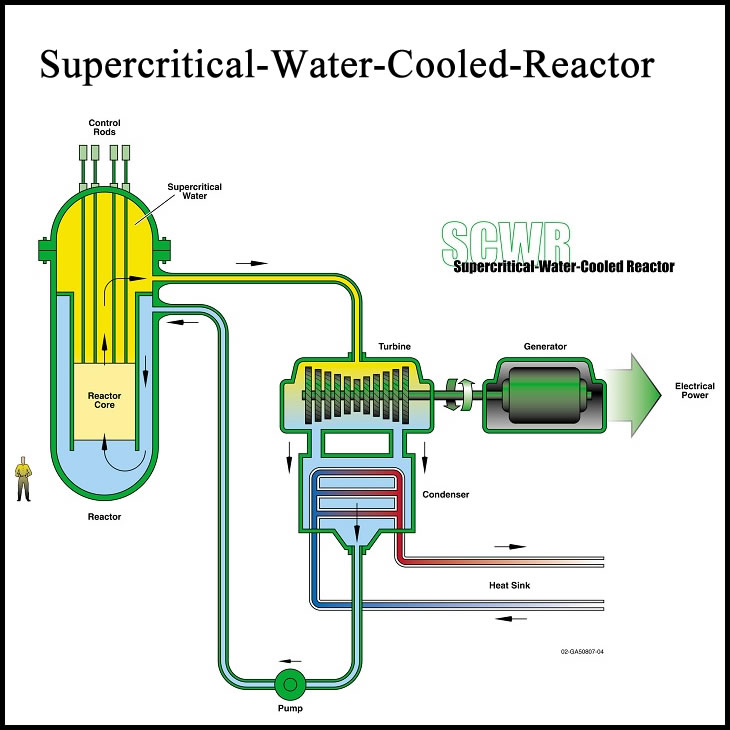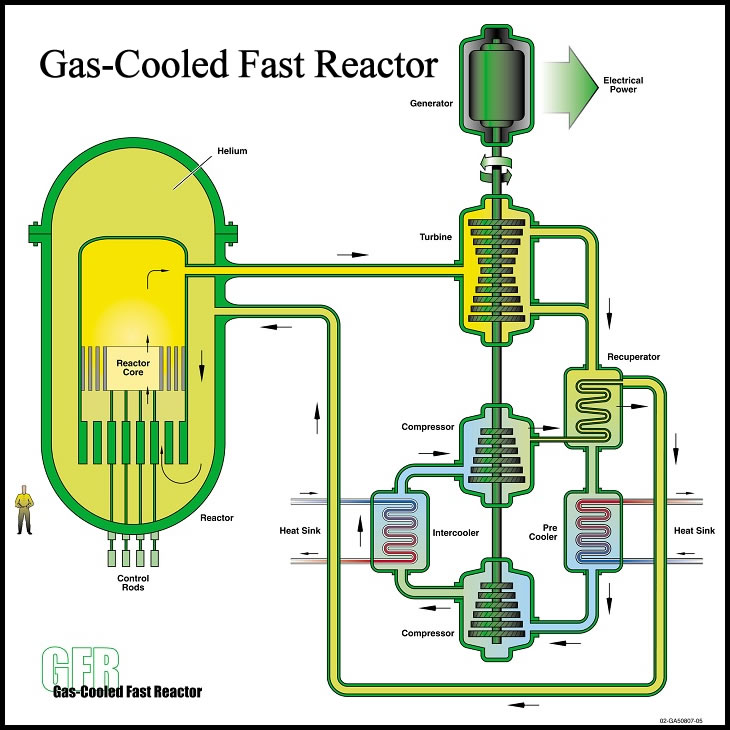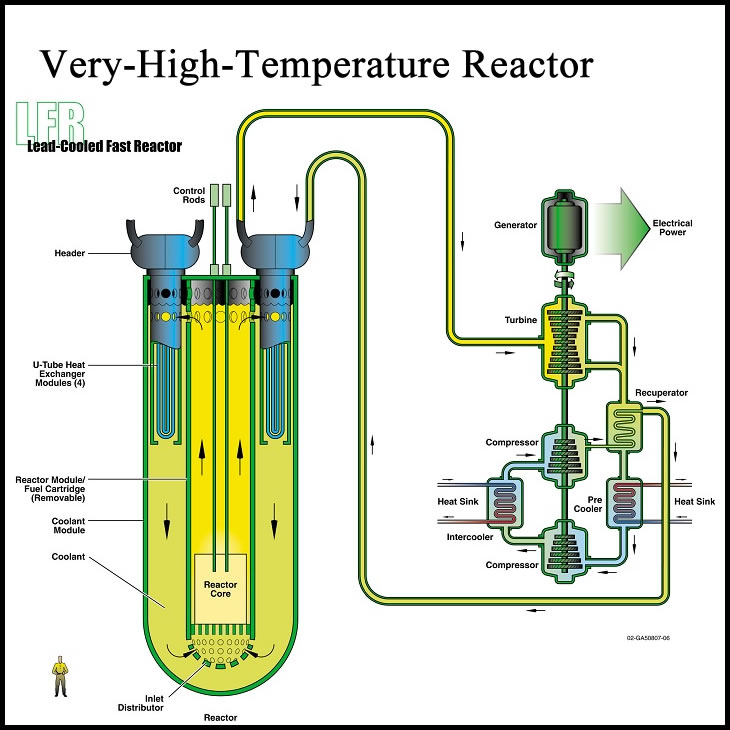Mission of the group
The accident at TEPCO’S Fukushima Daiichi Nuclear Power Plants (hereinafter referred to as the “Fukushima nuclear accident”) caused by the massive tidal wave (Tsunami) of the Great East Japan Earthquake in March 2011, led to core meltdown at the Units 1 to 3, and to a release of large amount of radioactive materials, mainly cesium, to the environment.
Though the cause was the unprecedented natural disaster, the parties concerned should further strive toward safe nuclear technology that is acceptable by the society and toward the recovery from the accident. The Atomic Energy Basic Act revised in June 2012 clearly mentions that “for safety assurance, based on the established international standards, it shall be conducted for the purpose of contributing to protection of the people’s lives, health and property, environmental conservation and our national security.”
Nuclear energy is a low-cost and stable base-load electricity generation resource for Japan with scarce energy resources, and is indispensable for maintaining and developing industrial/economic activities, and thus a healthy welfare society. Furthermore, it plays a key role in preventing global warming. The 4th Basic Energy Plan decided at the Cabinet meeting in April 2014 stipulates nuclear energy as an “important base-load generation resource.”
Worldwide, over 430 nuclear power plants are in operation as of September 2014, about 70 plants are under construction, about 170 plants are in order placement or planning stage and some 300 plants are being proposed. While the United States is the world’s largest nuclear power producer, China, Russia, India, South Korea, etc. with growing demand for electricity have many nuclear power plants in construction or planning stage also after the Fukushima nuclear accident. In Europe, while Germany closed its eight plants out of 17 plants and Italy withdrew its plan for new construction, the other countries such as the UK, Finland, and Poland have not changed their position to use nuclear energy as an important source considering energy security and carbon emissions. Thus, looking at the entire world, despite a slight slowdown in introduction, nuclear power generation is expected to increase in the future.
Japan, with its technologies and experienced human resources, will contribute to those nuclear energy deployments for peaceful use worldwide.
Recognizing the importance of nuclear energy, we at the Institute of Applied Energy (IAE) intend to tackle vigorously the existing issues and new development challenges necessary for further expansion of nuclear energy in the future.
Research Themes
- Contribution to 1F debris analysis (Japan-US cooperation, OECD/NEA)
- Support for research and development of SMRs and next-generation reactors
- Support for IAEA safety standards, survey of safety systems in other countries
- Support for decommissioning of nuclear facilities (proposal of academic codes and standards)
- Support for human resource development
- Decommissioning Study Committee (Prof. Okamoto, The University of Tokyo)
Expertise/relevant overseas research institutions
- Thermal-hydraulic analysis (SAMPSON code, CFD)
- Safety regulatory systems (IAEA, etc.) ・Radioactivity inventory assessment
- IAEA, NEA, MIT, U.S. DOE-affiliated institutes
Requisite for nuclear energy
We believe that the following conditions need to be met in order that nuclear energy will play a role as a base-load generation resource in the future.
- (1) Safety to obtain trust from the society
- (2) Economic efficiency compared with other generation resources
- (3) Environment compatibility
- (4) Stable supply of nuclear fuel resources
- (5) Maintain technology and skills
Scope of researches and studies of Nuclear Energy Group
- (1) Research and study of broad themes have been performed by our staff members who cover the whole nuclear fields such as nuclear fuel cycle, safety of nuclear power generation and radioactive waste management.
- (2) In addition to technical issues, the group has implemented studies on policy-making issues as well as issues related to the society and the environment.
- (3) The group has also supported various policy making activities and has recently provided the government with necessary data and materials to formulate the Nuclear Power Nation Plan.
- (4) The group provides various supports to the international joint researches performed by the Generation IV International Forum (GIF), the International Atomic Energy Agency (IAEA), OECD/NEA, etc.
- (5) As for high temperature gas-cooled reactor, one of the six reactor types studied by GIF, the group has formed the “Research Association of High Temperature Gas Cooled Reactor Plant RAHP)” to carry out study and information dissemination on future commercial plant.
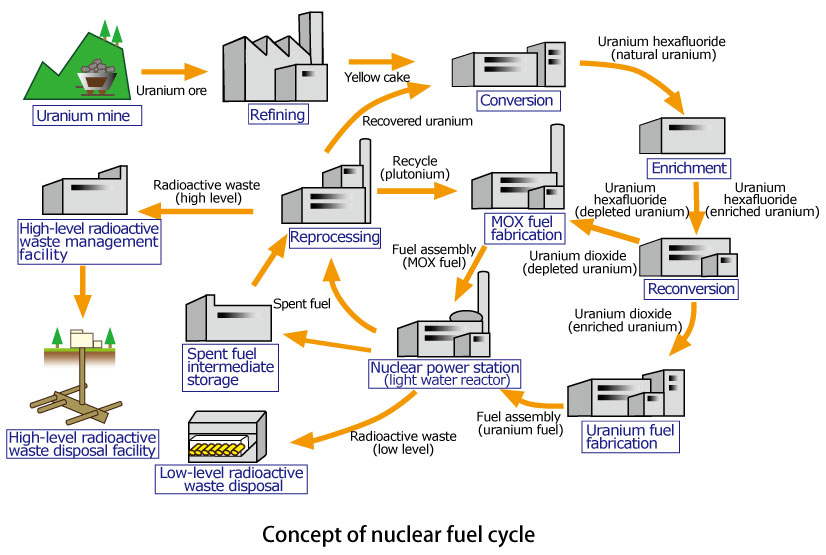
6 reactor types of GIF(from portal site of Generation IV International Forum)
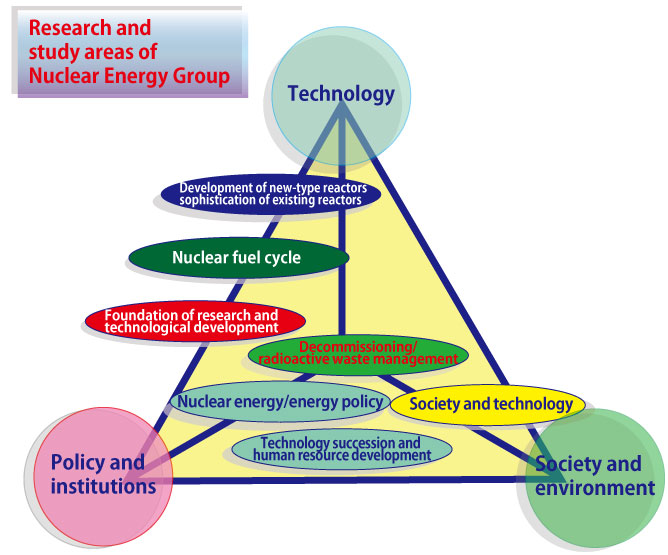
Contact person
| Name | |
|---|---|
| Kazuhiro Tsuzuki, Director |
